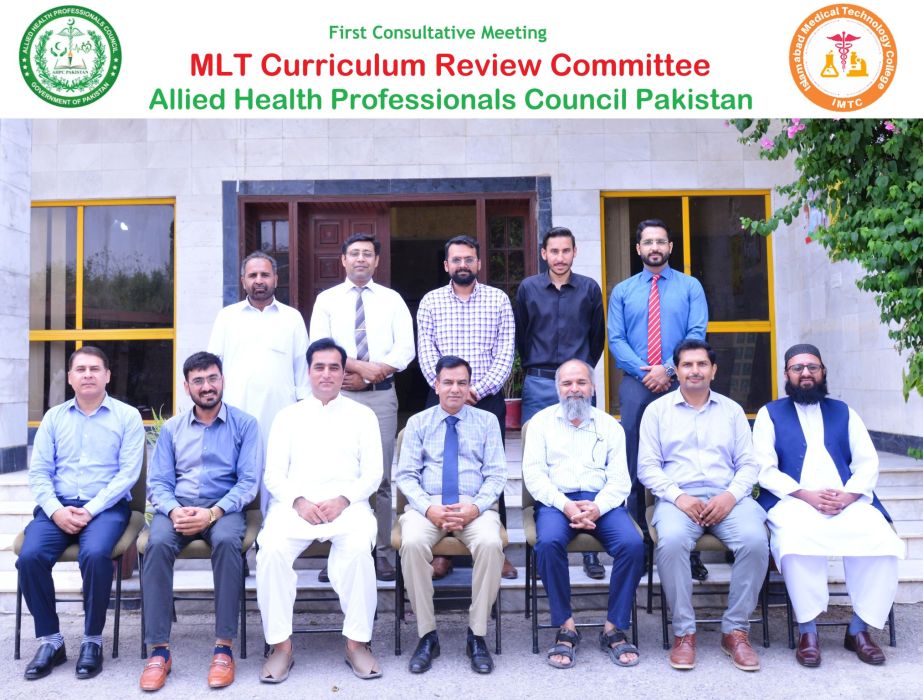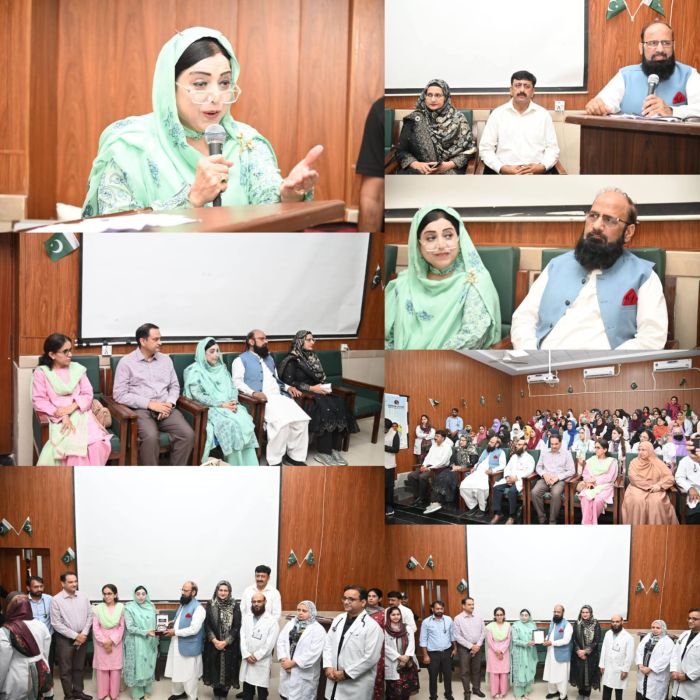Why a Smart and Skills-Oriented Curriculum Is the Lifeline of Medical Laboratory Technology?
Posted 7 months ago
In the fast-paced world of modern healthcare, accuracy, speed, and reliability are non-negotiable. Behind nearly every diagnosis, treatment decision, and clinical breakthrough stands a Medical Laboratory technologist, the unsung hero decoding the human body through blood, tissues, and cells. But what ensures that these professionals are not only competent but also globally competitive? The answer lies in one word: curriculum.
Building the Backbone of Healthcare
Medical Laboratory Technology (MLT) is no longer a support function; it is the backbone of contemporary healthcare. From infectious disease surveillance to genetic screening and emergency diagnostics, nothing moves without data, and data starts in the lab. As healthcare grows more complex, so do the demands on the technologists who drive its precision.
This is where National Skills University Islamabad (NSU) steps in with purpose. As the first public sector skills university in Pakistan's capital, NSU has taken a pioneering role in formalizing and standardizing skills-based education, particularly in the field of Medical Laboratory Technology. It is not just participating in the national conversation - it is leading the way.
Curriculum Is Not Just Content - It's a Career Engine
"A good curriculum is not just about delivering content," says Dr. Rashid Iqbal, Assistant Professor at National Skills University Islamabad, who recently represented the university in a major consultative event. "It's about producing workforce-ready professionals who can uphold patient safety, laboratory standards, and diagnostic excellence."
In this light, the university's push for a unified national curriculum for Medical Laboratory Technology becomes a critical turning point. Dr. Iqbal, an honored member of the Allied Health Professional Council's curriculum formulation committee, plays a pivotal role in shaping the curriculum. His involvement reflects on the NSU's thought leadership in health education reform.
A unified curriculum does more than synchronize education standards. It ensures:
- Alignment with international best practices
- Compatibility with digital diagnostics and AI-assisted lab tools
- Ethical and safety training in an era of biohazards and pandemics
- Stronger career pipelines into hospitals, research labs, and pharmaceutical sectors
Skills-Based, Industry-Aligned Education: The NSU Model
NSU's approach is distinctive: it combines technical precision with hands-on practice, not just in theory but also in real-world applications. Through simulation labs, internship placements, and certified modules, students are not only taught the science but they are groomed for the system.
This skills-centric model is especially important in Pakistan, where the healthcare system is evolving rapidly, and the need for globally aligned, locally relevant talent is urgent. It positions NSU graduates as ready contributors to both domestic healthcare delivery and international health ecosystems.
A Vision for the Future
The vision doesn't end at teaching. It includes policy advocacy, accreditation reforms, and collaborative research, all key components of a modern curriculum. NSU's involvement in shaping national standards signals a broader commitment: ensuring that every graduate is not just a degree holder but a difference maker.
In a post-pandemic world, laboratory technologists have been thrust from the background to the frontline. The medical world has never needed them more, and their education must rise to that challenge.





